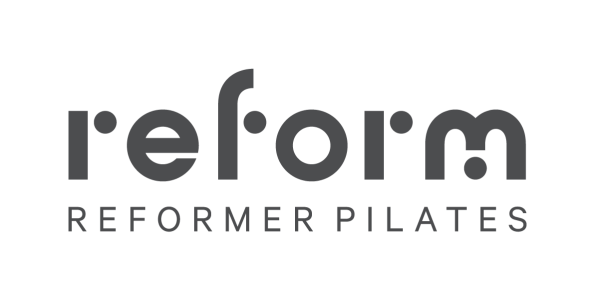WHY CAN YOU MOTIVATE YOURSELF TO TRAIN HARD AND CONSISTENTLY BUT NOT EAT WELL CONSISTENTLY?
This is common. Many, if not all of you, train regularly (minimum twice a week). Whether it’s Pilates, the gym, swimming, cycling you have developed the habit of engaging in appropriate-intensity, properly structured, physical exertion. It’s like cleaning your teeth; you just do it.
Why then would you comprise (sacrifice?) all the time, effort, discomfort, pain, fatigue and discipline you invest in your training by not applying the same dedication to your nutrition?
As usual, with something as complex as the human psyche the depth of analysis required to fully examine this issue is beyond most of us. However, we can attempt to interpret some of what we know to hopefully help you understand why healthy eating (but not hard training) is a challenge for you. If you understand why, your chances of changing behaviour to form an ongoing habit substantially increase.
Abraham Maslow, the renowned American psychologist pioneered the idea that humans are motivated sequentially or in stages by their needs. These needs start with the basic (shelter, food, sleep,) right up to self-actualisation which basically means you are free to explore total self-improvement because all the other things in your life are set.
Self-improvement means you want to look and feel better and will train and eat well to achieve this. You may read this and feel you are ‘self-actualised’ but Maslow argues that any disruption to the stages leading up to self-actualisation can mean you are not actually there. For example, if you have low esteem linked to a bad life experience, poor performance in a sport, job or relationship your ability to self actualise and therefore commit to healthy eating (as one example) is disrupted. It’s probably safe to assume you all have food, shelter, water etc but it is not as safe to assume that you have the ability to genuinely seek maximum personal growth and achievement because of flaws further up the hierarchy of needs. A complex and stressful love life, a job that doesn’t allow you free time, illness that causes you stress will inhibit self-actulisation and self-improvement.
This is a pretty heavy and probably more than a little dry load of information. Stay with us ‘cos there’s more…..
The Trans-theoretical model of motivation and behavioral change expanded and evolved Maslow’s initial work. It states the stages of motivation go from pre-contemplative (not thinking about it) to contemplative (thinking about it) to preparation (getting ready to do it), action (doing it), and finally maintenance (still doing it).
Unfortunately, with most types of behavior change the final possible phase is relapse where we can fall back to any of the previous phases. In fact, at any point we can technically revert back to an earlier stage which explains why you may have bought a load of fresh fruit, vegetables, healthy fats and lean proteins from New World (preparation stage) and then gone to KFC for dinner that night. You are stuck in a pre-contemplative/contemplative stage with your nutrition. Weirdly, you will then get up the next day and happily smash out a ridiculously hard training session to combat the KFC and generally make yourself feel less guilty or perhaps even to justify your fried chicken decision. So, your training is in the action stage (doing it) but your nutrition is in the pre-contemplative/contemplative stage (thinking about it but not actually doing it).
How do you sort it out?
Start small. Make one, easy nutritional change. It might be that you don’t eat breakfast. Tomorrow, wake up and eat breakfast. Do not concern yourself or complicate the issue with what to eat, how much protein/fat/carbs it should have or how much of it you should have.
Just have it.
Do this for a while….how long? Who knows but long enough for waking up and putting food in your mouth to become as automatic and programmed as cleaning your teeth. You have now developed some self-efficacy (belief) in yourself, that you can actually change something. This will facilitate a second more complex change such as only eating grains/pasta’s/potatoes on training days and eliminating them on non-training days. Your belief grows, all the while your body fat is dropping. Your confidence grows and now you do not crave KFC but just eat it when you actually want it (read: hungover). You don’t feel guilty about it anymore because you have developed enough confidence to know that your next meal will be nutritionally sound.
You have become self-actualised, lean, athletic, energised and confident all at once.
Easy.
References:
Encephale. 2009 Apr;35(2):182-5. doi: 10.1016/j.encep.2008.03.009. Epub 2008 Jul 7. ‘Assessing various aspects of the motivation to eat that can affect food intake and body weight control.’ Bellisle F.
http://www.theptdc.com/…/client-behavior-change-a-key-to-p…/
http://www.precisionnutrition.com/motivation-timing-matters
http://www.simplypsychology.org/maslow.html
Webber KH, Tate DF, Ward DS, Bowling JM. Motivation and its relationship to adherence to self-monitoring and weight loss in a 16-week Internet behavioral weight loss intervention. J Nutr Educ Behav. 2010 May-Jun;42(3):161-7.




